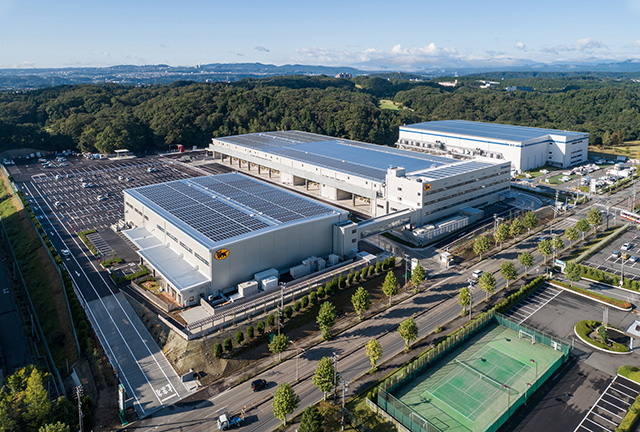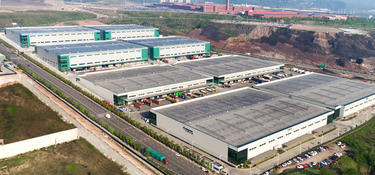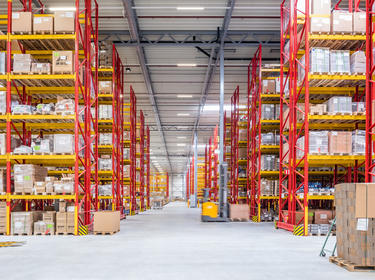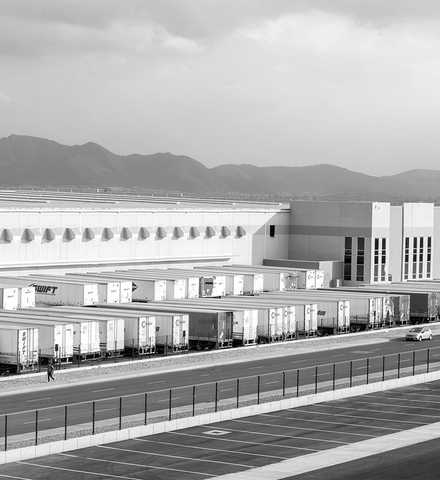What Are the Challenges Associated With Managing a Global Supply Chain?
While global supply chain management has many benefits, it is not without challenges. Some of the problems you might face include:
Time zones: When your working hours don’t coincide with others in your supply chain, it can be problematic when pressing issues arise. Sometimes it can take a day or longer to address a problem that could have been fixed within hours with a domestic supply chain.
Quality issues: Using global partners might save you money, but there’s also a risk that quality will be sacrificed to achieve those savings. This approach can also raise questions and disputes in regard to responsibility should defect percentages rise to a higher level than normal.
Accountability and compliance concerns: Other countries don’t have the same labor laws and environmental restrictions as the United States. If you’re not careful, you could partner with a business that engages in unfair or illegal labor practices, which could damage your brand. Due diligence is critical when building a global supply chain.
Language barriers: Many people in other countries have a basic understanding of English, but it’s not guaranteed. If there’s a language barrier between your company and your supply chain, it could cause disruption in your shipping and delivery timetables.
Long-range logistics issues: A delay in production at a factory can threaten your productivity and efficiency. If you are thousands of miles away, you have less control over every facet of production.
Delivery delays: Your company relies on its supply chain for on-time product deliveries. Without them, you can’t provide your customers with firm completion and shipping dates. But when you use a global supply chain, delivery delays can occur anywhere and at any time. When they do, your production is derailed and costs can escalate.
Before choosing one supply chain option over the other, perform due diligence and compare the pros and cons.
Learn as much as you can about the companies you might partner with in order to be confident you’re making the best decision for your company.




